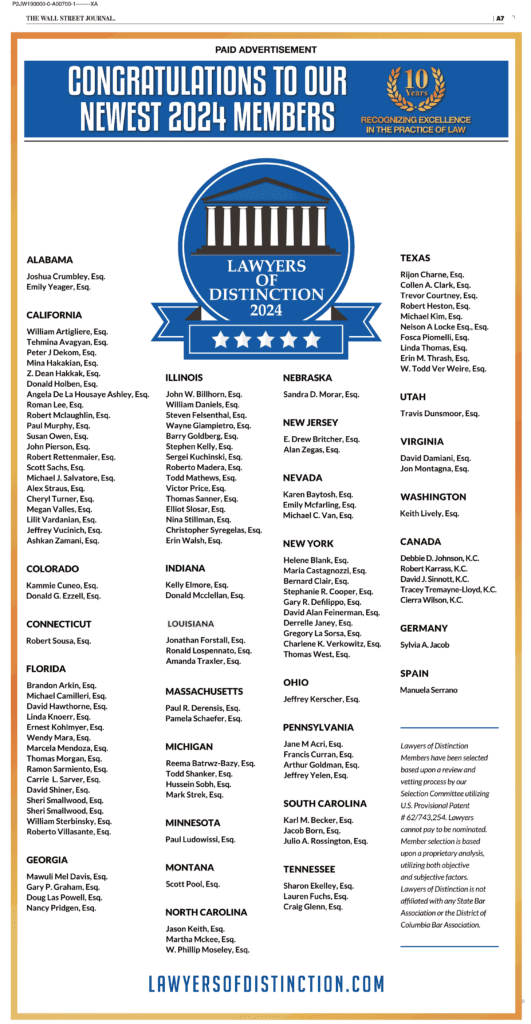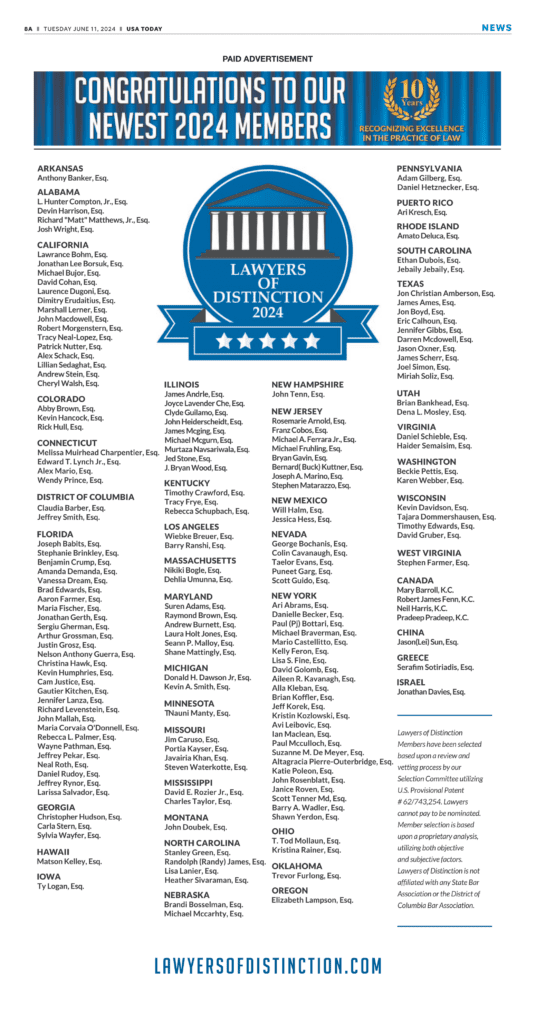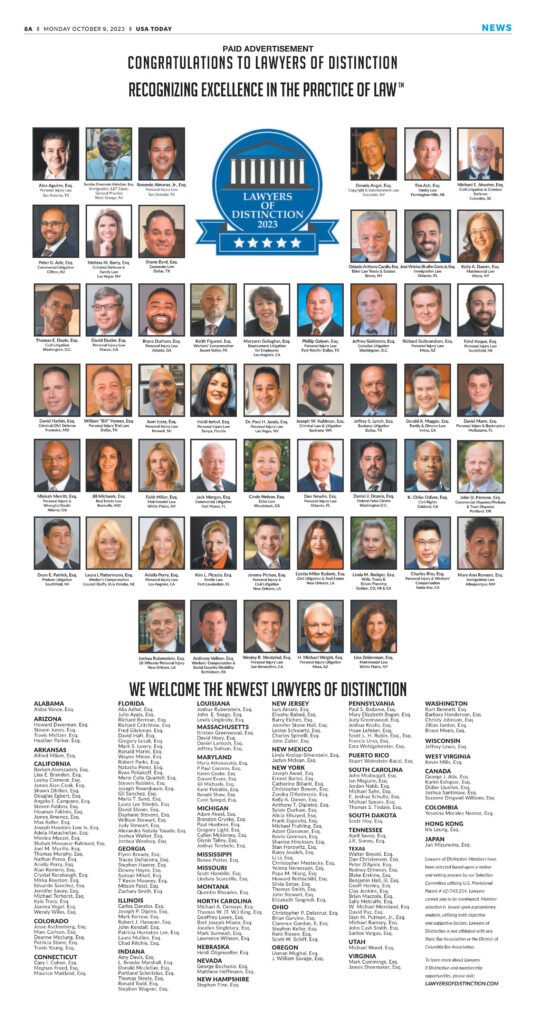Understanding the differences between parole and probation.
Parole and probation are tools used within the criminal justice system after a defendant has been found guilty of a criminal offense.
Defining Parole
Parole is a conditional release from incarceration. It applies to incarcerated people who are let out of jail or prison earlier than their original sentence allowed and allowed to complete the remaining time under community supervision. The granting of parole is usually the result of good behavior. Incarcerated individuals may seek a parole hearing before a panel.
If the parole request is granted, the parolee (the previously incarcerated individual) is released under the supervision of a parole officer. However, if a released prisoner fails to comply with any of the terms of probation, a hearing will be set to determine if the parolee violated the terms of parole. If there is a violation of parole, the parolee will normally be forced to return to prison to serve the balance of the original sentence.
What is probation?
Probation is part of the sentencing process. It can be agreed to by the prosecution and defense counsel, with the consent of the trial judge. It may be set as an alternative to going to jail. Instead of jail time the defendant may be on probation for a year. It might also be included in a plea agreement. The sentencing time might be lowered with the addition of probation after release.
Probation normally requires the individual to maintain contact with a probation officer. Probation also requires that the defendant stay out of trouble while he or she is on probation. If a defendant commits another criminal offense while on probation, the defendant may be charged with violating probation in addition to the new criminal offense. A violation of probation can result in additional time in jail to complete the original sentence. Probation can be violated in many ways, including but not limited to the following;
- Failing to meet with the probation officer
- Not showing up for a court hearing
- Failing to pay fines or restitution
- Not finishing the terms of any community service requirement
- Associating with people with criminal records
- Being unemployed, if having a job or looking for work are conditions of your probation
- Failing a drug or alcohol test
An important legal question to review with your counsel is whether you can get credit for the time you were on probation, should you be sentenced to return to jail because of violated probation. The Lawyers of Distinction Membership Directory that has top lawyers in every state to help you navigate legal questions while giving you insight into each lawyer’s background to help you make the best decision with your case!




